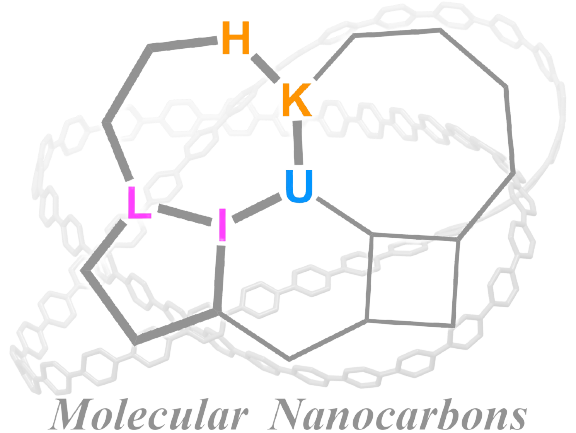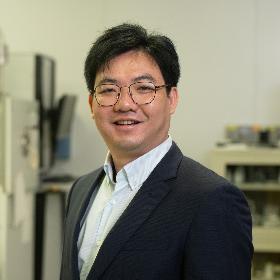
Topological Molecular Carbons Laboratory (HKU)
Synthetic Chemistry, Organic Functional Materials, Nano-Energy and Nano-Devices
Synthetic Chemistry, Organic Functional Materials, Nano-Energy and Nano-Devices

